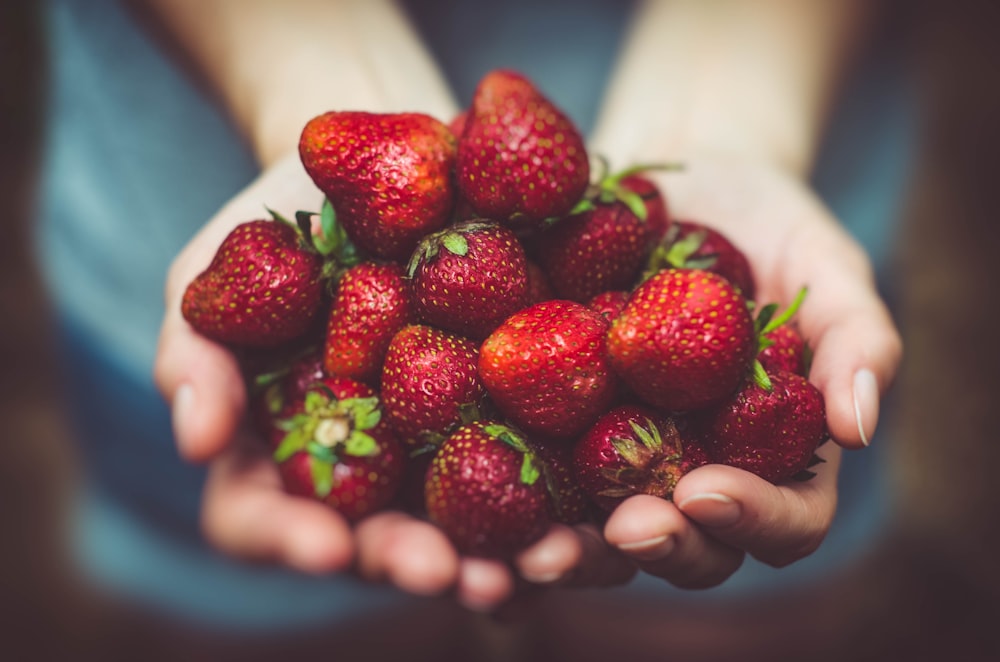Energizing Pre-Workout Snacks for Peak Performance
Boost Your Workout with Nutrient-Rich Snacks
Heading: Introduction
In the realm of fitness and exercise, what you consume before a workout can significantly impact your performance and results. One crucial aspect of pre-workout preparation is choosing the right snacks that provide energy, nutrients, and support for your body’s needs during physical activity. Let’s delve into the world of nutrient-rich snacks and how they can boost your workout routine.
Heading: Importance of Pre-Workout Nutrition
Before diving into specific snack ideas, it’s essential to understand why pre-workout nutrition matters. The food you eat before exercising serves as fuel for your muscles, helping you perform better and recover faster. Without proper nutrition, your body may lack the energy and nutrients necessary for optimal performance and growth.
Heading: Key Nutrients for Pre-Workout Snacks
The ideal pre-workout snacks are those that contain a balance of carbohydrates, protein, and healthy fats. Carbohydrates provide quick energy, protein supports muscle repair and growth, and healthy fats aid in sustaining energy levels during longer workouts. Incorporating these nutrients into your snacks can enhance your overall workout experience.
Heading: Nutrient-Rich Snack Ideas
- Greek Yogurt with Berries and Almonds
Start your workout on the right foot with a combination of protein-packed Greek yogurt, antioxidant-rich berries, and crunchy almonds. This snack provides a balance of carbs, protein, and healthy fats to fuel your muscles and keep you satisfied during your workout.
- Banana with Nut Butter
Bananas are a great source of natural sugars for quick energy, while nut butter adds protein and healthy fats. This simple yet effective snack is easy to digest and provides a boost of energy to power through your exercise session.
- Whole Grain Toast with Avocado
For a more substantial pre-workout snack, try whole grain toast topped with creamy avocado. The complex carbohydrates from the toast and the healthy fats from avocado provide a steady source of energy, making it ideal for longer or more intense workouts.
- Smoothie with Spinach, Banana, and Protein Powder
Blend up a nutrient-packed smoothie with spinach, banana, and your favorite protein powder. This combination offers a mix of vitamins, minerals, carbs, and protein, making it a refreshing and energizing pre-workout option.
Heading: Timing Your Pre-Workout Snack
It’s crucial to consider the timing of your pre-workout snack to maximize its benefits. Aim to eat your snack approximately 30 minutes to an hour before your workout to allow enough time for digestion and energy release. Experiment with different timing to find what works best for your body and exercise routine.
Heading: Conclusion
In conclusion, fueling your body with nutrient-rich snacks before a workout can significantly enhance your performance, energy levels, and overall fitness journey. By incorporating a variety of foods that provide essential nutrients, you can optimize your workouts and achieve your fitness goals more effectively. Experiment with different snack ideas, timings, and combinations to discover what works best for you and enjoy the benefits of a well-fueled workout routine. Read more about Healthy pre-workout snacks








